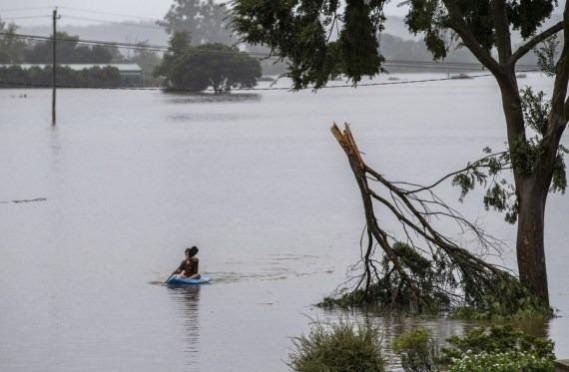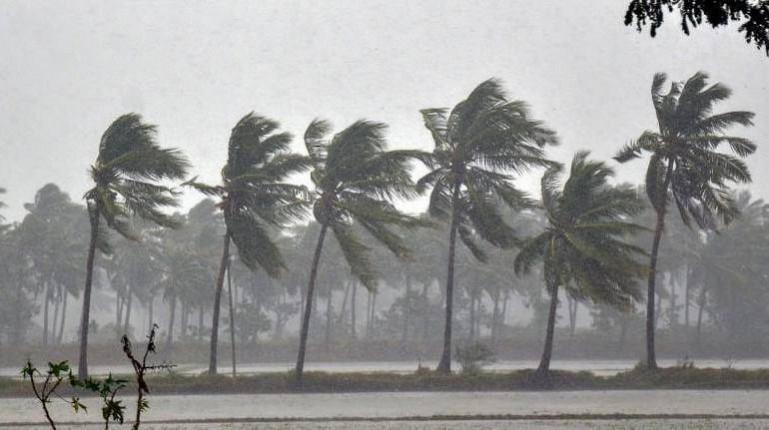Australian leaders have been urged to acknowledge the role of climate change in the catastrophic floods across the country's east coast.
The Climate Council, Australia's leading climate change advocacy group, said in a statement on Monday that "too many leaders are silent" on the cause of floods, reports Xinhua news agency.
At least 17 people have died and tens of thousands of buildings were damaged after southern Queensland and northern New South Wales (NSW) experienced a year's worth of rainfall in a week, causing widespread flooding, according to media reports.
Ahead of the general election, which is due to be held in May, the council called for all political parties and candidates to reveal their plans to reduce Australia's emissions, prepare for future disasters, rebuild affected communities and acknowledge the role of climate change in "worsening disasters".
"Unless we rapidly and drastically cut greenhouse gas emissions this decade, extreme weather will get much, much worse," it said.
"Climate change isn't a footnote to the story of these floods. It is the story."

Some politicians claim the flooding disaster was something no one could have predicted, it said, noting that "the truth is, scientists have been warning us for decades that climate change will worsen all extreme weather in Australia. Deadlier heatwaves. Devastating droughts. Megafires like Black Summer. Rainbombs such as this".
Earlier the UN Intergovernmental Panel on Climate Change (IPCC) published its latest report on the impacts of climate change, warning that Australia was facing more severe floods and droughts.
Prime Minister Scott Morrison on March 4 acknowledged advice from the Bureau of Meteorology (BoM) that climate change has been a factor in causing the east coast floods in the country.
"There's obviously a lot of change that's occurring, and that's why we've got the policies that we have," he told Nine Entertainment radio.

"But we've also got to deal with the practical issues of the here and now, and these impacts will continue," he said.
Morrison's coalition government has set an emissions reduction target of up to 28 percent from 2005 levels by 2030 while the opposition Labor Party has promised a 43 percent reduction if elected in May.












